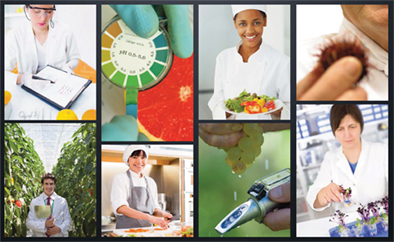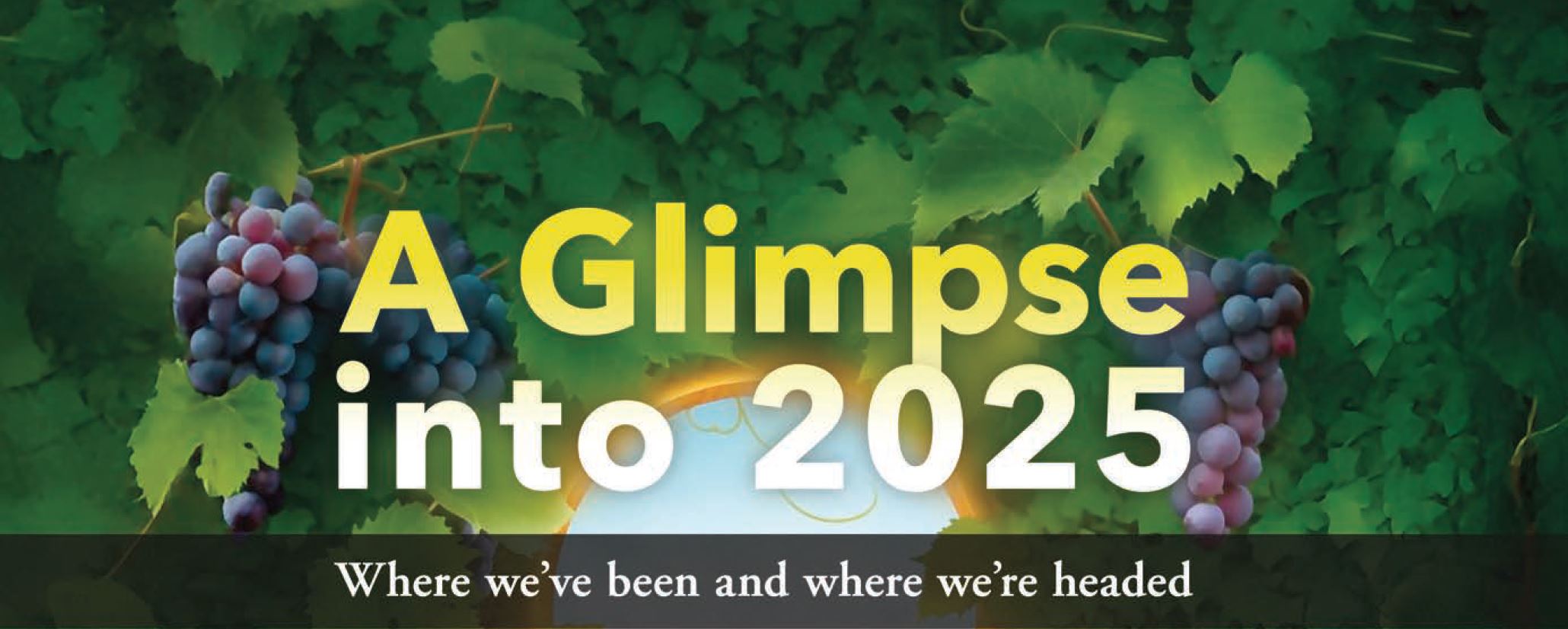Welcome to Blue Book!
Are you ready to join the thousands of companies who rely on Blue Book to drive smarter decisions? View our plans and get started today!
Still have questions? We’d love to show you what Blue Book can do for you. Drop us a line– we’ve been waiting for you.

“You must have people to take the results of research, production practices, and technical data, and turn them into successful management decisions,” Copas weighs in. Further, he believes specialists can help companies do more with less. “The greatest challenge for research and commercial production will be how to increase quality and productivity, and this must be done with fewer agricultural acres than ever before.” This streamlining must also be achieved with fewer “inputs and activities due to the environmental and social regulations being carried out through various local, state, and federal agencies.”
Bussan, too, believes management of internal and external factors will be paramount. “External forces are requiring management systems with improved resource use efficiency, demonstrated and documented improvements in food safety, and clearly communicated accomplishments in enhanced sustainability,” he explains. “Internal factors include increased focus on cost of production, success within a globally competitive marketplace, and growing demand for better quality and reduced tolerance for defects.”
Melnychenko believes food safety will be front and center. “In fresh produce handling, the key is to be fast,” she points out. The longer it takes to test perishables, the more losses can be incurred. Consistency, too, is a major issue for grower-shippers, which is why many are interested in the high-tech tools used on college campuses and in laboratories. “Any system or infrastructure that makes testing happen faster,” she notes, “makes the commodity better from the consumer-facing perspective.”
Technological advances and their impact on growing are also top of mind for Padda, who predicts “major developments in mechanical harvesting and controlled environments—glasshouses, substrate farming, hydroponics, and other alternative growing systems.” Consumer demand for improved flavor, he believes, “will force us to change growing and harvesting practices and challenge postharvest researchers to come up with improved harvests and handling.”
Overdorf offers some solid advice to anyone within the fresh produce supply chain: “One of my favorite sayings is ‘You only know what you know, until you know more’—if there’s an opportunity for collaboration with others, inevitably, the knowledge base is increased.” If your company knows what it doesn’t know, a smart and profitable way to fill that gap is by looking to an outside expert or specialist with the right knowledge and proper skills.




